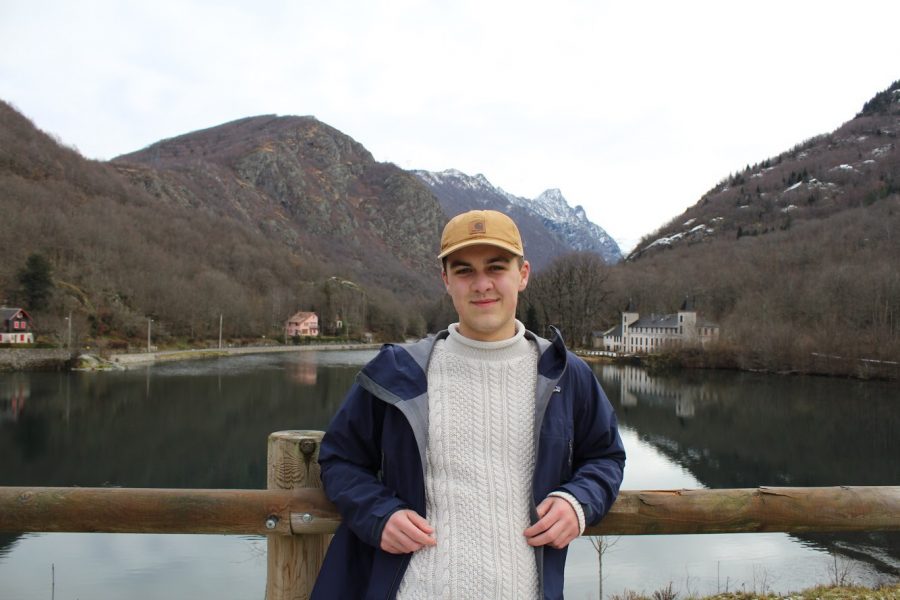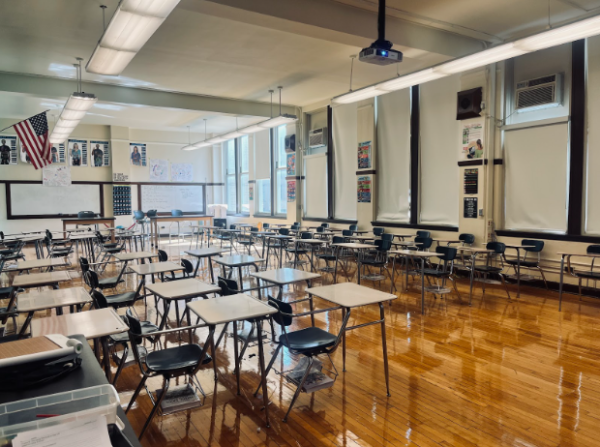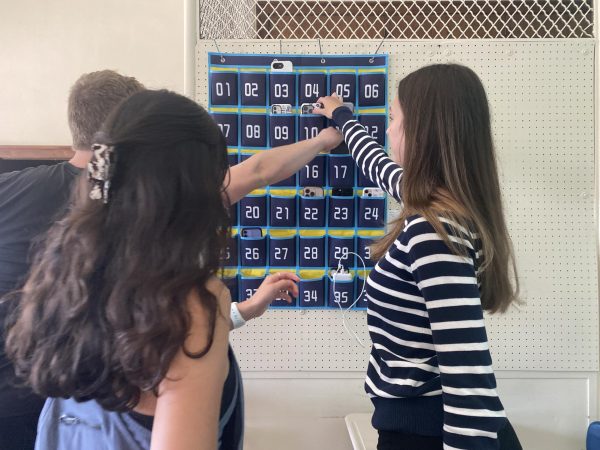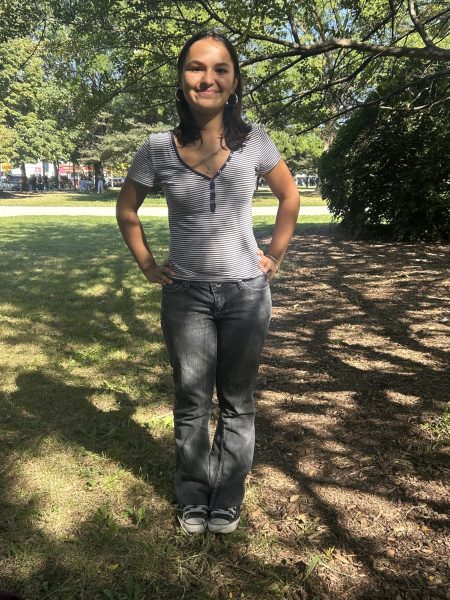A guide to your gap year adventure
David Kraemer, class of 2018, split his gap year into semesters. From January to June, Kraemer is living in Toulouse, France, traveling and working at a massive aerospace company called Airbus. (Photo courtesy of David Kraemer)
Thailand. Australia. France. Peru. England. Brazil. South Africa.
Far-flung destinations like these are common selections made by Lane students who desire to take a gap year.
As awareness for these programs grow, more and more students are convincing their parents to let them take a year off. According to The Atlantic that reported collected surveys by American Gap Association, on average about 30,000 to 40,000 students take advantage of gap year programs.
A gap year is when a student decides to spend a year either traveling, volunteering, interning or studying to prepare themselves for college after graduating high school.
David Kraemer graduated from Lane last June and decided to take a year off.
“With all of the autonomy you gain during a gap year, you gain an equal amount of responsibility and maturity,” Kraemer said.
Kraemer split his year into two semesters. From September to the end of December, he volunteered at Shirley Ryan Abilitylab, a rehabilitation hospital in Chicago. There, he learned how to help people overcome mental and physical struggles through advanced therapy.
From January to June, he is living in Toulouse, on the southern coast of France bordering Spain, working at a local farm and cultural center.
According to Kraemer, the benefits of a gap year are learning about money management, taking a break from school to truly prepare oneself and developing personal growth through exposure to other cultures.
Maddie Clark, Div. 070, agrees with the advantages a gap year could provide to students as she’s inspired to take one once she graduates in 2020.
Clark was drawn to the possibility ever since she first heard of it and has decided to travel to South America. Clark plans to provide service and immerse herself into cultures from countries such as Colombia and Belize.
“High schoolers are extremely pressured to know what they want to do for the rest of their lives,” Clark said. “A gap year gives you the time to learn about who you really are before being stuck in college for 4+ years.”
Kraemer discovered the opportunity to take a gap year from his father, who still talks about his gap year being the most influential period of his life.
In 1988, Kraemer’s father received a scholarship from the Rotary Club in St. Louis to spend a year traveling and studying in South Africa.
“My decision to take a gap year was made years ago, but when I saw how doable, how many resources there are for kids who want to explore, I knew it was a dream I could fulfill,” Kraemer said.
A common concern among students when considering to take a gap year is whether or not their parents would approve. According to Clark and Kraemer, to help get parents on board with the idea, the student themself should do extensive research, provide a month-by-month plan and help them understand that a gap year could be very impactful.
“Don’t go into it blind,” Kraemer said. “Be busy! Be motivated to try something new. You and your parents will both benefit from your organization.”
Lack of research and planning could bring discontent when a decision has been made. According to Kraemer, if the time for a gap year is not spent or planned accordingly then the year would become an “isolating experience.”
During a gap year, opportunities to visit friends and family are not as common as college kids’ experience, according to Kraemer.
“It can be hard to see your friends go off to college, so make sure you are busy either abroad or at home,” Kraemer said.
However, the rare students who decided to take a gap year say it is an “opportunity of a lifetime.” Kraemer said that taking a year off helps build new perspectives for the future as well with the exposure of new ideas, cultures and experiences.
“It has made me appreciate and miss school in a way I never thought possible,” Kramer said. “I am excited to go learn, and I am excited to go prove myself in the classroom.”
In the fall Kraemer plans to attend University of Michigan majoring in biology and is inspired to pursue a position at the Centers for Disease Control and Prevention, a national health institute in Atlanta, after earning his degree.
Your donations directly fund the Lane Tech student journalism program—covering essential costs like website hosting and technology not supported by our school or district. Your generosity empowers our student reporters to investigate, write, and publish impactful stories that matter to our school community.
This website is more than a publishing platform—it's an archive, a research tool, and a source of truth. Every dollar helps us preserve and grow this resource so future students can learn from and build on the work being done today.
Thank you for supporting the next generation of journalists at Lane Tech College Prep!

Isabel Wojcik is a junior at Lane who is on the golf team. Growing up, she learned how to speak both Polish and English. Isabel loves traveling and has...




